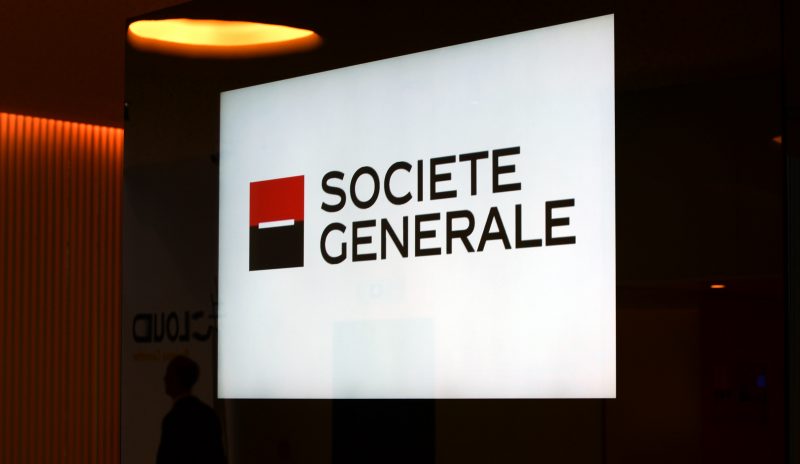Cuban-Americans sue French bank over Castro-era nationalization
Cubans-Americans are suing French bank Societe Generale for allegedly profiting from the nationalization of Banco Nunez under the Fidel Castro regime (ERIC PIERMONT)
Miami (AFP) – The Cuban-American heirs of a bank nationalized by Cuba’s communist government have filed suit against France’s Societe-Generale for allegedly profiting from the confiscated property.
The Banco Nunez, then the second-largest bank in Cuba, was nationalized in 1960 by Fidel Castro’s government and taken over by the state’s National Bank of Cuba along with other private banking institutions.
In the suit filed Wednesday in Miami, the heirs of Carlos Nunez and Pura Galves, the bank’s owners, are seeking $792 million in compensation from the French bank.
The lawsuit is one in an expected wave of legal actions under a change in US policy in May by President Donald Trump amid stepped-up American pressure on Havana.
The change activated a provision of the 1996 Helms-Burton law that allows Cuban-Americans to recover damages from companies that do business with the Cuban state.
The provision had been waived by every previous US president to avoid conflicts with friendly, mainly European countries with companies active in Cuba.
The Nunez-Galves heirs argue that the family bank was worth $7.8 million at the time it was taken over, which they say amounted to 10.5 percent of the capital of BNC.
“By engaging in commercial activity with BNC, SocGen received a profit of $1.34 billion,” the suit said.
“Because Banco Nunez retains a claim to ten-and-one-half percent of BNC, SocGen’s activities constitute ‘trafficking’ in Banco Nunez’s ‘property,’ as defined by Helms-Burton,” it said.
Contacted by AFP, Societe-Generale had no comment on the lawsuit.
Disclaimer: Validity of the above story is for 7 Days from original date of publishing. Source: AFP.


